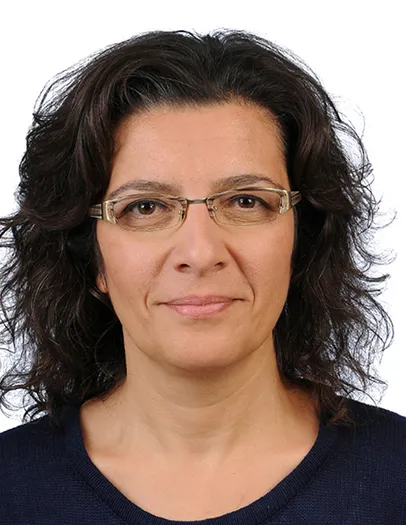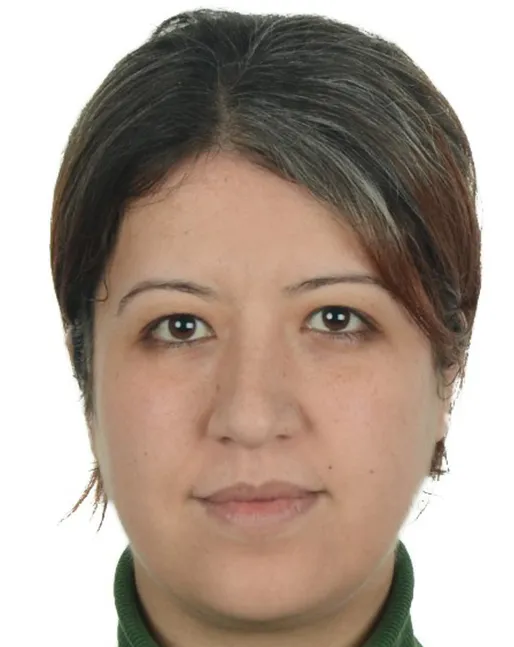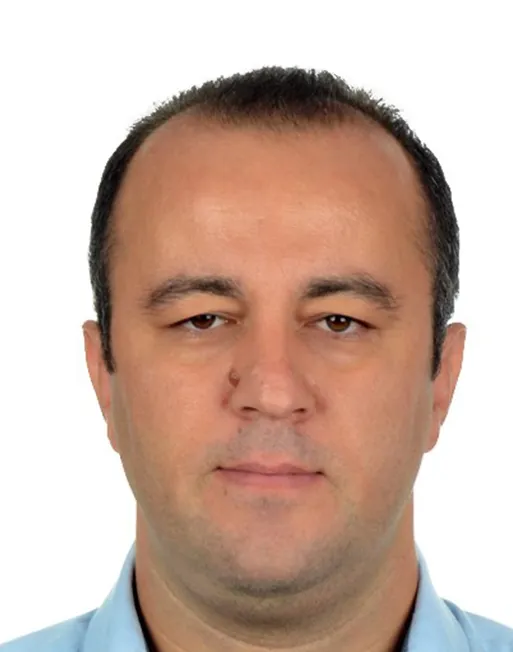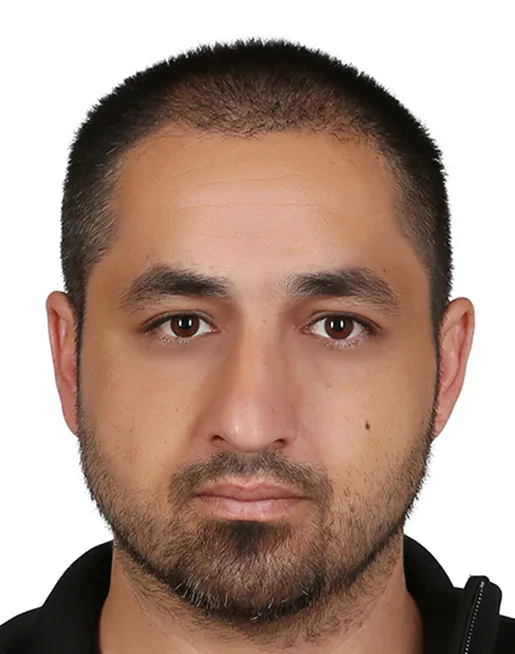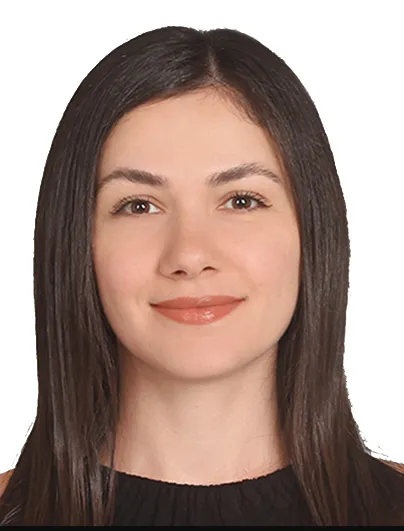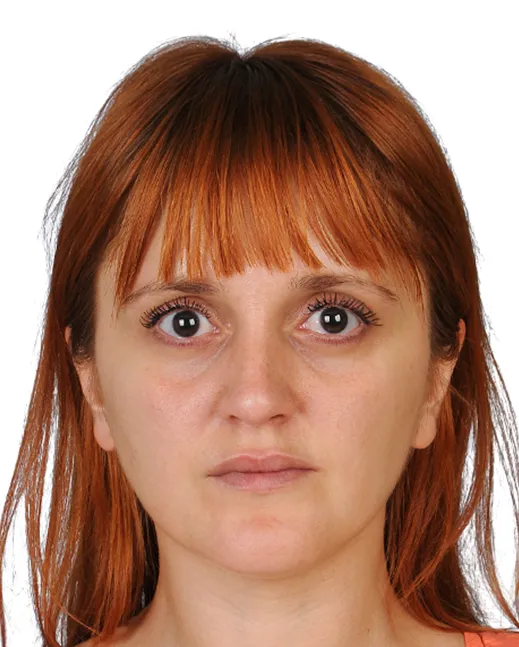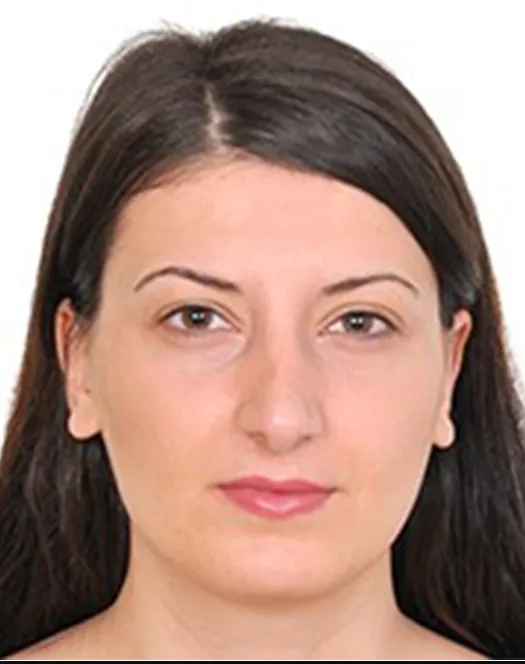GENERAL INFORMATION
Anthropology, which means the science of humans, is the science of human diversity. In this context, it examines the diversity of humans across time and space and attempts to describe social and cultural similarities and differences. Due to its cultural diversity and its continuous hosting of numerous human communities throughout history, Anatolia holds an extremely significant potential and importance from an anthropological perspective. In this regard, it is important to consider the cultural and biological diversity of societies that have lived and are living in Anatolia within a historical and spatial integrity, and to evaluate these studies both nationally and globally.
The Paleoanthropology Department within the Anthropology Department studies past human societies. In this context, human skeletons are excavated from archaeological sites using appropriate methods, classified, and the relationships between health issues, lifestyle, and population structure of ancient human societies are determined based on the information obtained from the skeletons, examining and interpreting historical, biological, and cultural diversity. On the other hand, the rich natural history of Anatolia is also researched under this Department, for example; it examines vertebrate animal groups along with their environments in the light of paleoecological data, conducting joint studies with different scientific disciplines. The study materials of this Department are human skeletons excavated from archaeological digs and fossil findings from paleontological excavations. The Social Anthropology Department examines the aspects of human adaptation to the social environment that are transmitted through social and cultural experience. The Physical Anthropology Department studies the aspects of environmental and cultural influences on human morphology in living human societies. All studies are conducted comparatively, thus revealing the similarities and differences of the human community under study, whether archaeological or contemporary, through anthropological studies.
History
The Anthropology Department was established in 2009 within the Faculty of Arts and Sciences at Mehmet Akif Ersoy University and started undergraduate education in the 2010-2011 academic year. Since its establishment, it has been providing education in three departments: Paleoanthropology, Physical Anthropology, and Social Anthropology. Currently, our department has 3 assistant professors, 1 doctoral research assistant, and 2 research assistants (1 ÖYP).
Job Description and Employment Areas
Graduates of the Anthropology Department can find positions in many public institutions, primarily within the Ministry of Culture and Tourism, and can also continue their academic studies.
Mission-Vision
The most important quality of anthropology is its holistic and universal perspective. Therefore, anthropology education aims to provide students with an objective viewpoint, making them understand that the differences between societies arise as a result of each society's unique living conditions. In this context, our vision is to train young individuals who are committed to Atatürk's principles and reforms, possess scientific thinking skills, uphold human and cultural values, follow scientific developments, and can produce scientific knowledge. Our department's mission is to elevate our University to higher ranks among universities providing education in this field, considering the needs of Anthropology Science in our country.
Geographically located at a very important crossroads, the Burdur region has an extremely high potential anthropologically due to its cultural diversity and numerous archaeological sites. Therefore, the establishment of the Department of Anthropology and its affiliated departments at our University and the commencement of undergraduate education in our Department in the 2010-2011 Academic Year is significant in this regard. In line with the holistic and comparative perspective of anthropology, it is aimed that the research conducted by our Department and planned for the future will scientifically reveal the anthropological importance of the region by evaluating the cultural and biological diversity of the local people in a historical and spatial context, and that these studies will be evaluated both nationally and globally.
Undergraduate Education
Our students graduate from undergraduate education with the qualifications to pursue master's and doctoral education in related fields, participate in academic life, conduct research in the private and public sectors, and possess the practical or basic professional training that is a prerequisite for post-graduation work related to their department.
For details of the education and training plan implemented in the Department, please visit the ECTS Course Catalogue.
Qualifications of Graduates
Students graduating from the anthropology program gain the ability to be part of anthropological field and site studies and to analyze the data obtained from these studies, as well as the infrastructure to prepare scientific reports and theses, and the ability to use the theoretical and practical knowledge acquired in their field in education, research, and community service areas while adhering to ethical values.
Teaching Infrastructure and Facilities
Our Department continues its education with 2 amphitheaters and 5 research laboratories located on the 2nd floor of the Faculty of Arts and Sciences. In these areas, our faculty members and students can conduct their research with basic measurement tools that allow anthropological measurements on skeletons and living humans, 1 microscope, and 1 portable X-ray device.
The Anthropology Club operates within the Department and is open to all university students. The Anthropology Club organizes scientific trips and conferences and also conducts scientific activities during university festivals and events.
Our Department benefits from the ERASMUS agreement with a total of 3 universities, 2 in Germany and 1 in France, which allows our students to study one or two semesters abroad, as well as the MEVLANA exchange program and the FARABI Exchange Program within the country.
Research and Project Activities
Under the leadership of Assist. Prof. Dr. F. Arzu Demirel, our Department has been conducting the "Survey of Vertebrate Fossil Localities in Burdur and Afyonkarahisar Provinces and Districts" since 2010 with the permission of the Ministry of Culture and Tourism to contribute to the information on the natural history of the region. In addition, in necessary cases, collaboration with the Burdur Museum is carried out at locations where fossils and skeletons are identified, and rescue excavations are conducted when necessary. Furthermore, social and physical anthropology studies related to the communities living in the region, as well as studies on skeleton groups excavated from various sites in the region to reveal the general profile of human societies that lived in the region in the past, are ongoing.


